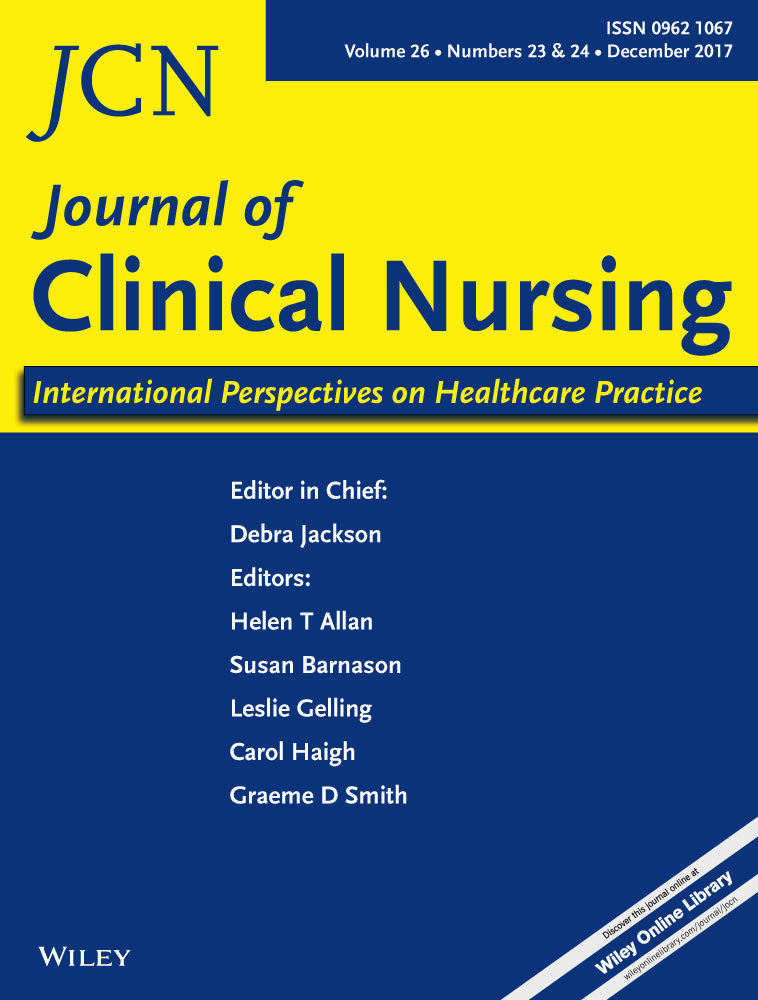Illness trajectories in patients with amyotrophic lateral sclerosis: How illness progression is related to life narratives and interpersonal relationships
Abstract
Aims and objectives
To identify illness trajectories in amyotrophic lateral sclerosis by analysing personal, social and functional dimensions related to amyotrophic lateral sclerosis progression.
Background
Previous studies have considered some psychological distinct variables that may moderate illness progression, but no research has combined an extensive qualitative understanding of amyotrophic lateral sclerosis patients’ psychological characteristics and illness progression.
Design
A mixed-methods approach was used to combine quantitative and qualitative measures. Illness progression was assessed through a longitudinal design.
Methods
Eighteen patients with amyotrophic lateral sclerosis attending a Neurology Department in northern Italy participated in the study. Semi-structured interviews to explore personal experience, and dependency grids to assess the distribution of dependency; ALSFRS-R and neuropsychological screening were, respectively, used to measure physical and cognitive impairment. To assess the progression of the disease, ALSFRS-R was re-administered after 8 months and mortality rate was considered. Data were analysed using the grounded theory approach.
Results
Illness progression changed according to the perception of the disease, the trust placed in medical care, self-construction and the distribution of dependency. Based on these categories, cases that had similar experiences were grouped, and four illness trajectories were identified: aggressiveness, threat, constriction and guilt.
Conclusion
The findings suggest that it is possible to identify different illness trajectories in amyotrophic lateral sclerosis.
Relevance to clinical practice
Personalised intervention strategies may be construed based on the different trajectories identified.




